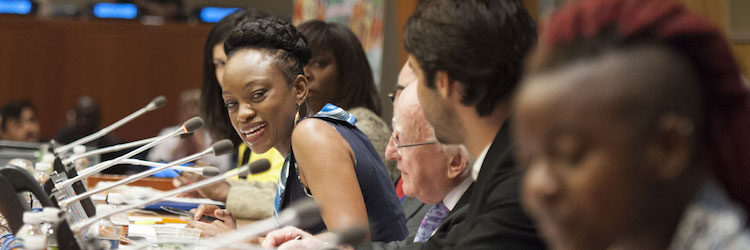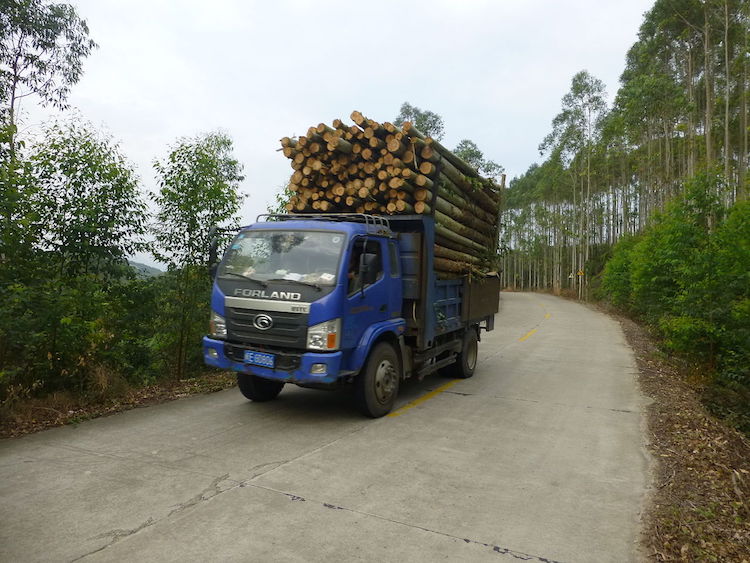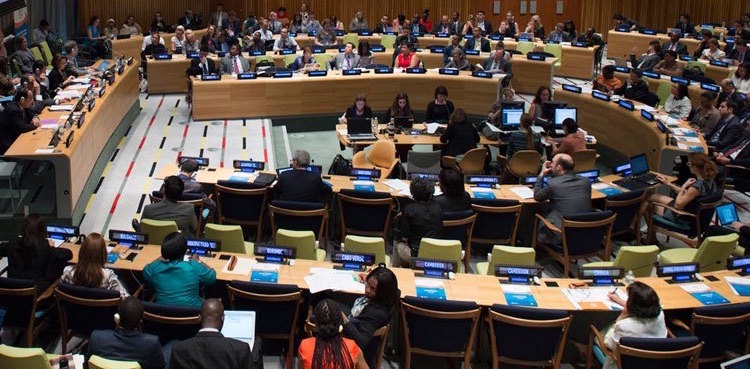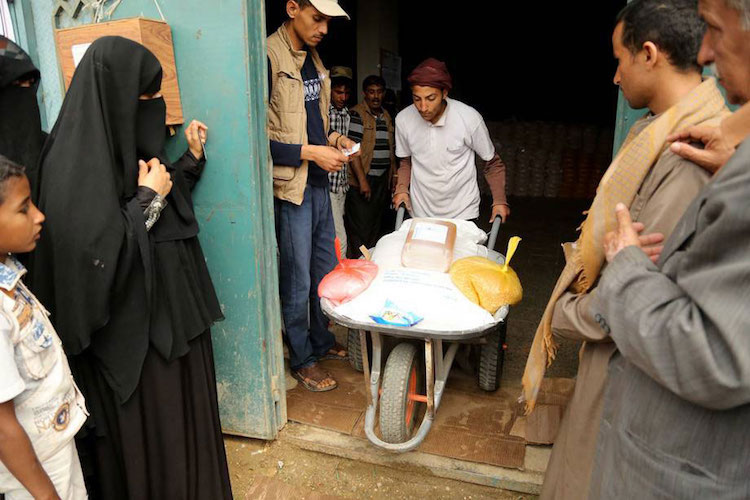Analysis by Dr Palitha Kohona
Ambassador Dr Palitha Kohona is former Permanent Representative of Sri Lanka to the United Nations in New York- He chaired the negotiations on the Colombo Declaration on Youth.
COLOMBO (IDN) – On July 15, the United Nations observed the UN World Youth Skills Day designated by the General Assembly to highlight the need to rapidly develop marketable youth skills. On the same day, the UN Department of Economic and Social Affairs (DESA) released the World Youth Report on Youth Civic Engagement. There were many events held around the world to mark this special day.
The UN event was an important milestone in a process that began in 2013 when the then President of Sri Lanka, Mahinda Rajapaksa, in his address to the General Assembly, with great foresight, called on the world body to allocate a special day to highlight the need to develop youth skills.









